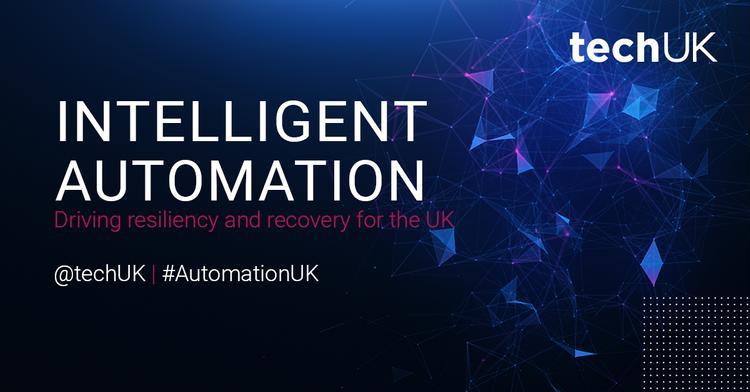The path to hyperautomation: a real gamechanger for citizen services?

Pressure is mounting on central and local public sector organisations to perform better. These pressures are especially acute because of the impact of Covid-19 and the replacement of the usual long-term comprehensive spending review with a one-year review in late 2020. The Government Transformation Strategy of 2017 envisages digitally-enabled transformation to improve the experience for citizens, businesses and users within the public sector as well as departmental and internal government transformation for greater flexibility and efficiency. While Covid-19 has disrupted delivery of the 2017 vision, the core principles and direction of travel remain relevant and indeed strengthened by the experiences of the pandemic. BJSS expects a forthcoming revision to the government digital strategy to underscore these values while directing additional attention to issues around skills and data governance. No matter how you look at it, building sustainable capabilities in creating, delivering and operating digital technology is absolutely fundamental to the future of the entire sector.
The future for public sector organisations is personalisation of citizen services. We are leaving the era of undifferentiated, mass production of service packages designed for a stable, industrial society and entering an era of individual engagement where citizens’ lives, careers and personal circumstances change constantly within a more rapidly evolving socio-economic environment. A key enabler of this is Intelligent Automation (IA). While several public sector organisations – such as the DWP which cleared a backlog of over 30,000 new pension claims in just two weeks - have recorded success with Robotic Process Automation (RPA), IA adds Artificial Intelligence (AI) to the mix. It augments robots with greater powers to understand their environment, change their behaviours and discover patterns in the flow of their activities. The result is business systems which learn as they go, so that the organisation becomes smarter and more effective in real time, while the robot is able to adapt to a changing environment. This is real continuous improvement: moment-by-moment, live review of the organisation’s processes with integral, automatic course correction and capability enhancement.
Put simply: IA extends your automation footprint, bringing the benefits of automation to processes where there is variability, ambiguity, evolution and nuance. The targeted application of AI techniques in specific aspects of the organisation’s live operations both augments and amplifies human capital. Pascal Bornet, Ian Barkin and Jochen Wirtz defined potential public sector IA use cases in their recent book ‘Intelligent Automation: Welcome to the world of hyperautomation’:
- Automate tax assessments. Analyse and assess predefined risk criteria regarding income tax returns or statements of financial transactions. For example, identify and analyse gaps between employer and employee tax declarations
- Leverage past crime data (eg crime type, location, date and time) and other external data (eg events, weather) to identify patterns and predict crime. Identify hotspots and suggest optimal police patrol presence
- Customise public services. Use citizens’ transactional and demographic data to define granular citizen categories and derive consuming patterns. Customise service portfolio to increase citizens’ satisfaction
- Predict the air pollution level using environmental factors such as weather, traffic index and fire maps
- Support city planning by analysing traffic flow, traffic signal timings and the condition of roads.
IA is reinventing organisations. The workplace is becoming a mixed environment of people and robots, working together to get more done with fewer resources while improving quality. But IA is not just a gamechanger for organisational operations. It will also impact customer relationships, supply chains, business models and entire sectors of the economy. Today, excellence in IA is a differentiator – but soon it will be a necessity. We strongly urge public sector organisations to start professionalising their IA transformation approach now.
Links : https://www.bjss.com/intelligent-automation/ and https://www.bjss.com/ipa-ebook/
You can read all insights from techUK's Intelligent Automation Week here

Rory Daniels
Rory joined techUK in June 2023 after three years in the Civil Service on its Fast Stream leadership development programme.

Laura Foster
Laura is techUK’s Associate Director for Technology and Innovation.

Elis Thomas
Elis joined techUK in December 2023 as a Programme Manager for Tech and Innovation, focusing on AI, Semiconductors and Digital ID.







